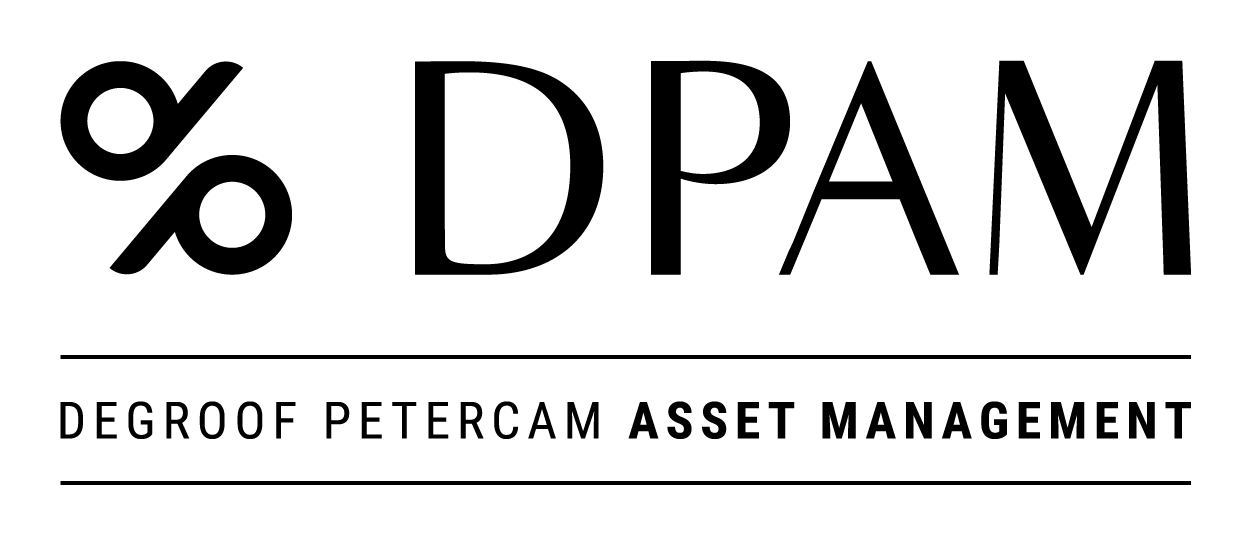To zero net emissions
Furthermore, the new European Commission has just released its European Green Deal, which forms the cornerstone of its sustainable policies. The new European Commission of Mrs. Von der Leyen will certainly be as active as the Juncker Commission on the topic (if not more so). The Green Deal’s first ambition focuses on a carbon border adjustment mechanism for selected sectors. Next, Europe’s first climate law is expected by March 2020, and seeks to achieve climate neutrality by 2050. In addition, a third initiative enforces higher and more aggressive decarbonisation targets by 2030, with an eye on ultimately achieving net zero emissions.
The EU’s actions have sparked some concern regarding the competitiveness of European companies. This concern is mainly due to the risk of carbon leakages (i.e. the risk of transferring production to other countries due to the relative cost of carbon-pricing schemes). This is a major risk for Europe, as a significant share of its business could shift abroad to avoid the latest ETS regulatory requirements. As of today there are 51 individual carbon pricing schemes in the world. A worldwide consensus-based carbon price is most likely impossible. However, several reputed economists, Nobel Laureates and former chairs of the Federal Reserve have proposed a green border tax and dividend in their “Economists’ Statement on Carbon Dividends”.
Their main idea encourages a domestic carbon tax, which is mirrored by a green border tax to ensure that domestic competitiveness remains unharmed.
The increased involvement of Central Banks: getting serious about climate
Decarbonisation -particularly with a net zero target- requires an acceleration on the policy front. Central banks as well as financial and monetary authorities, which form the very core of the financial system, also have a responsibility to endorse this concept. The Bank of England, France and the Netherlands jointly came up with the Network for Greening the Financial System (NGFS) to promote the Paris Agreement. 2019 gave several examples with the leading Bank of England, but also the Netherlands, France and eventually the ECB.
Inevitable policy measures
The awareness and the rising momentum regarding climate issues will lead to increased (and increasingly ambitious) regulation in the near term. In the US, recent discussions indicate that climate change could become a decisive topic in the upcoming presidential elections, which could prove to be another turning point for legislative measures. This is what means the UN-backed Principles for Responsible Investment (PRI) with the Inevitable Policy Response (IPR). Based on the postulate that capital and financial markets are not adequately pricing in carbon risk, the IPR project forecasts a response by 2025 that will be both forceful and abrupt because of previous prolonged inaction.
HUMAN RIGHTS – THE RESPONSIBILITY OF THE FINANCIAL WORLD AS WELL
Climate change has had a noticeable influence on the increasingly-regulated role of the financial world. We expect that human rights will have a similar impact. Companies – both financial and non-financial – must be held accountable for potential violations of fundamental human rights. These violations can refer to forced labour, debt bondage, human trafficking and other slavery-like practices.
The Liechtenstein Initiative, the Financial Sector Commission on Modern Slavery and Human Trafficking, was initiated in September 2018. Since then, it has formally recognized the responsibility of businesses with regards to this issue. Their blueprint for mobilising finance against slavery and trafficking (www.fastinitiative.org) requires the financial sector to adhere to the following principles:
- Anti-slavery and anti-trafficking compliance.
- Responsible lending and investment practices.
- Financial technology, financial inclusion and regulation models.
- Responsible business conduct agreements and sanctions regimes.
CLIMATE CHANGE – MORE GOING FORWARD
Obviously, climate issues will remain one of the most pressing matters in 2020 and beyond.
Regulatory and supervisory authorities have formally recognised the economic risk. As such, the debate is over on whether we should integrate it in financial valuation models. Instead, we should now focus on how best to integrate this factor. Currently, assessment models and analyses are constantly fine-tuning their calculations to offer a clearer distinction between physical and transition risks.
Following the overwhelming focus on climate change, our gaze has now turned towards innovation solutions and investments. Regarding solutions, the (still-controversial) carbon capture and storage programs will become increasingly relevant. Other options will focus on carbon compensation. Nowadays, this mainly refers to reforestation, or –to a lesser extent- afforestation. Carbon removal technologies are still in a research-phase, but it is likely that these solutions will become progressively more important in the near future. In order to be scalable, they will require significant financial backing. It is important to keep in mind that these carbon dioxide removal technologies are in no way a fix-all solution. Instead, they serve as a complementary alternative to other green options. As such, they are definitely not an excuse to lessen our efforts on energy efficiency, renewables, emissions cuts, etc.

